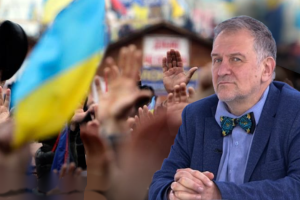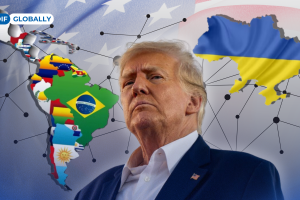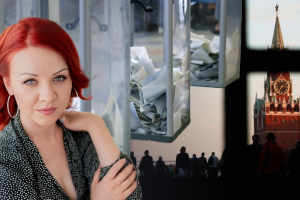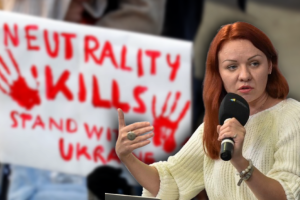Ukrainian think tanks as civil society organisations
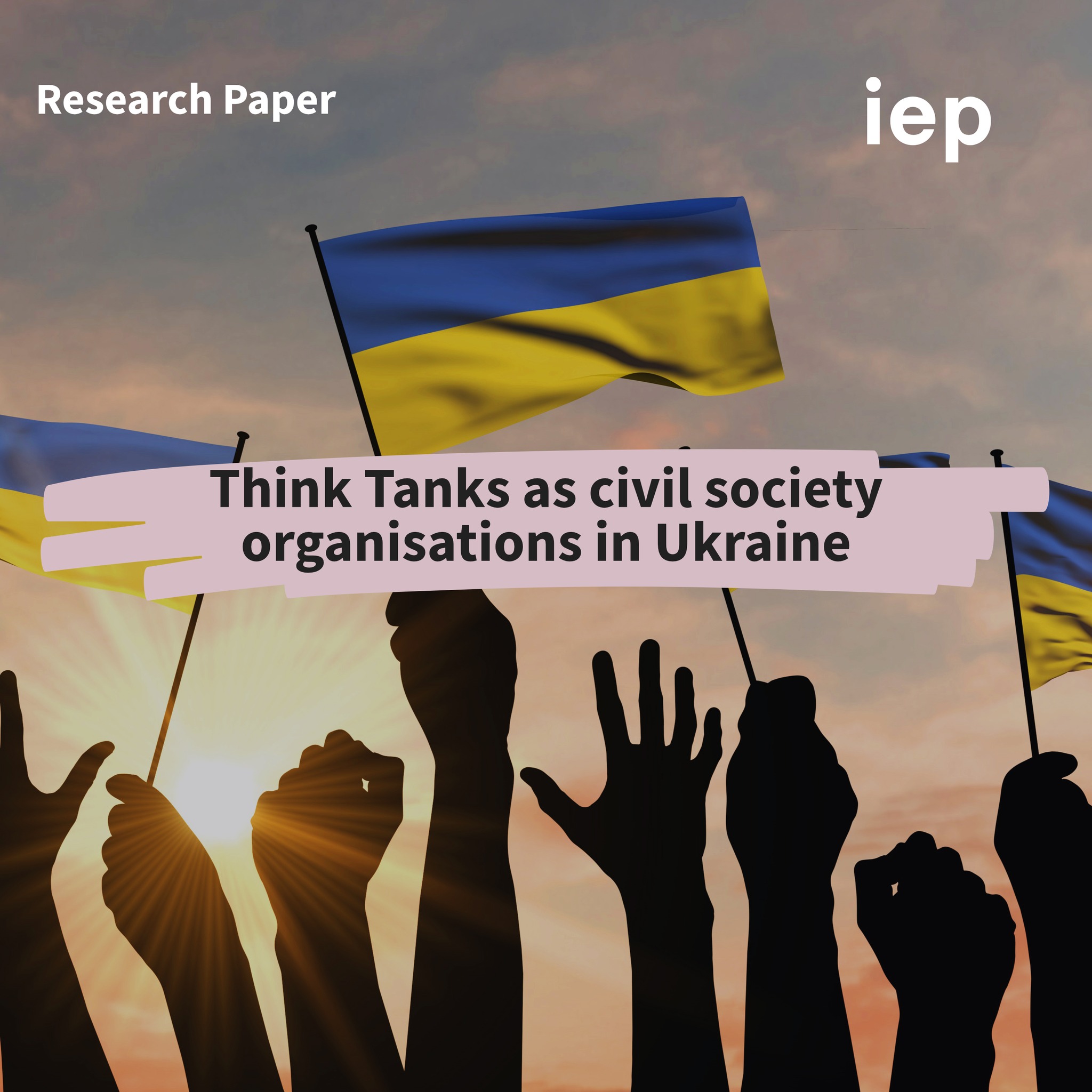
What challenges do Ukrainian think tanks face and how can they be supported in times of war? The joint study by the IEP and the Ilko Kucheriv Democratic Initiatives Foundation provides concrete recommendations for German and European policymakers.
Independent Ukrainian research institutions working in the field of policy analysis and policy advice have proven resilient despite the ongoing Russian aggression. The short-term effects of the war, such as the evacuation of staff or the adjustment of project activities, could be coped with relatively quickly. However, long-term challenges, such as high turnover caused by the war, additional workload due to humanitarian work, as well as associated burnout, make it difficult to maintain a sustainable organisational structure. Nevertheless, there are signs that think tanks remain heavily involved in policy advocacy and are forming new coalitions to address pressing issues such as war crimes or reconstruction. This makes it all the more important to adapt the promotion of Ukrainian civil society contextually and flexibly and to sustainably support the relevant actors.
The study, finalised in February 2023, is based on 16 qualitative expert interviews with representatives of Ukrainian think tanks in August and September 2022 as well as an online survey in which 36 organisations participated between December 2022 and January 2023. The study also includes a mapping of the current think tank landscape in Ukraine. The accompanying policy brief presents recommendations for strengthening the capacity of Ukrainian think tanks and thus civil society as a whole.
The conduct of the study and the accompanying publications were made possible by the Policy Planning Staff of the German Federal Foreign Office. They reflect the opinion of the authors only.
Publications:
RESEARCH PAPER: Think Tanks as civil society organisations in Ukraine
POLICY BRIEF: Think-Tanks als zivilgesellschaftliche Organisationen in der Ukraine
Team
Partners










